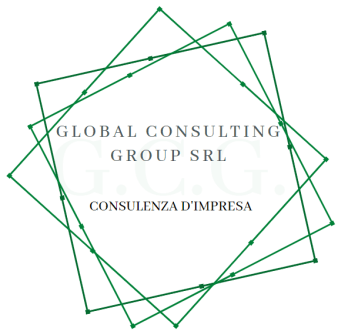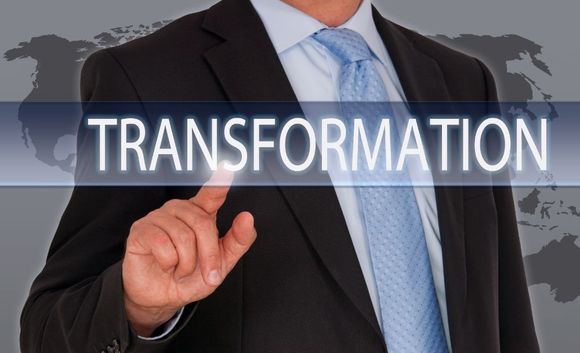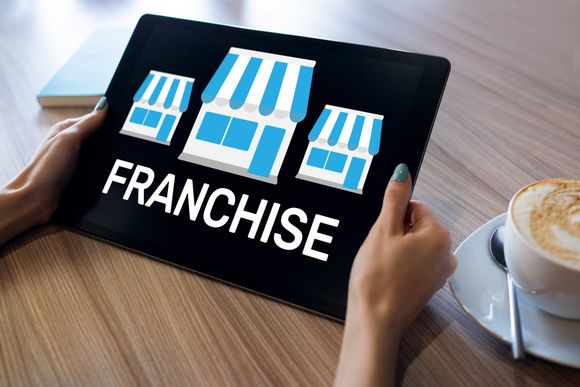Plan and manage the generational handover
"It is a thread because it represents the continuity of an experience that is always ancient and always new and it is thin because in each generation this awareness is maintained by a minority of individuals" (Raimon Pannikar)
Business succession often presents many problems, as it is influenced by the characteristics of the company and the attitude of the people involved.
Usually succession has significant effects on the organisational level, because the company and division of labour often reflect the business owner's personality and skills, especially when we are talking about the company's founder.
The main risk is the potential loss of extensive knowledge and relationships, which usually comes from the business owner themselves.
For this reason, not infrequently, the business owners tends to postpone this step.
However, the issue of generational handover is taking on an increasingly important role in our economic system.
Several studies have shown that:
- only 30% of businesses will survive to the second
generation; - of these, a further 50% will close within the third generation.
This means that only in 15 out of 100 cases, grandchildren are able to manage the company founded by their grandparents.
According to European figures, an entrepreneurial generation lasts about 29 years and, in Italy, we can assume that this may last four or five years longer. It can be deduced from this that European and Italian companies are already dealing with issues related to business continuity or are about to do so.
Although awareness has increased in recent years, the problem of continuity and succession is not considered a priority by the majority of Italian business owners, who plan to tackle the issue with a contingent approach, rather than as a strategic planning process.
This process is very sensitive and must take place without any issues and also using preventive measures aimed at creating the ideal conditions for the handover, without compromising the company's competitiveness or family harmony.
The prolonged coexistence of several generations of family members or belonging to different branches of the same family can complicate both family and professional relationships.
It is in this sense that we assist the business owner, helping in all sensitive and complicated steps of the generational handover.
To get out of the crisis ... understand its causes
"It is in the crisis that inventiveness, discoveries and great strategies arise. Those who overcome the crisis overcome themselves without being overcome" (Albert Einstein)
Managing the company with experience alone could act as a barrier to development, threatening the survival of the company.
It is necessary to learn to predict events and anticipate decisions, discovering and exploiting information that exists in every company. There are many factors, internal and external to the company, which can cause difficulties, compromising its economic-financial balance.
In general, management begins to realise what the difficulties are when company performance is inadequate or declining, and therefore:
- the revenue amounts do not grow as much as costs do;
- the company does not make any profits or generate losses;
- market shares decrease;
- debts increase;
- liquidity decreases.
All these are symptoms of a possible corporate crisis, but they do not help in specifying the causes of the crisis itself. The first step is to correctly diagnose the situation, also by using specific analysis methods.
The duration of the crisis situation and the deterioration level of the economic and financial stability will have to be considered in the recovery plan.
Start-up assistance: from inspiration to the "business idea"
"Entrepreneurial success is where your vision, influence and creativity converge; it is where opportunities become infinite and your skills limitless"
(Farshad Asl)
A great idea alone is not enough to make things happen and be successful. This is what will actually be the source of a large number of problems that require quick solutions.
However, the harder and more difficult the path of design and implementation, the more solid the results will be.
This is due to the originality of the idea implemented.
Richard Norman thoroughly examined a concept that has become famous - the "business idea".
Norman's model seems simple, however, it may not be so natural for a new business owner to think of their company in the following terms:
- market: "niche" or "segment" of customers who are your target audience;
- product: what you want to offer, in terms of product, solutions, services and additional services, as well as price, in relation to the needs that you are looking to meet and the competitors you are looking to compare yourself to;
- organisational structure: the human and technological resources systems, as well as of the skills (know-how) that must be available to meet market needs.
In order for a company, especially a start-up company, to dominate a market, elements from the “business idea” must be consistent with each other and the product system must have competitive advantages over the competition.
Call us and book a consultation with one of our experts at our head offices in Tivoli if you would like to explore deeper into the "business idea" concept.
Management control: analytical accounting procedures
"Man's greatness consists in his ability to do and the proper application of his powers to things needed to be done."
(Frederick Douglass)
It is very risky to evaluate the company's performance solely on the basis of global indicators that refer to the company as a whole.
Therefore, it is necessary to identify and monitor the product and service lines, channels, customers and markets that generate margins and those that do not produce or compromise margins produced by other components.
Analytical accounting, therefore, allows you to consciously manage the sales "mix" and control the causes of costs in order to support the decisions necessary to maintain / improve company profitability.
This technique represents the basic tool for determining the unit costs of a product or order, refining the technique for industrial accounting, applying a management control which is aimed at a medium-long period of time.
In a competitive environment which is subject to heavy disruptions, traditional accounting, general, analytical and industrial systems provide information on past and/ or delayed events, when the efficiency of any corrective actions at this time would be carried out in vain.
Today, companies can no longer afford to take the risk of bad decision-making.
Given the increased environmental disruptions, any experience accumulated in the past is no longer needed.
Indeed, an approach based on experience alone could constitute a real obstacle to further business development, threatening the survival of the company itself.
Consequently - even if the financial statements show overall positive results - in every company there is an increasing need to clearly identify the margins that are achieved in the various "business areas" (markets, types of customers and families of products / services).
By carrying out this task, it is possible to get information that then both supports operational decisions (i.e. forming sales prices and the inevitable exceptions) as well as strategic choices, such as market selection, product and commercial strategies (with the investment choices that will then ensue) and the organisational restructuring.
Development consultancy: developing with the franchise system
“Success is never final and failure never fatal. It's courage that counts "(Winston Churchill)
Franchising or "commercial affiliation" is a system of working closely and continuously between economically and legally independent business owners.
Through the franchising agreement, once payment of entrance fees and royalties have been received, the franchiser will then allow or grant the franchisee (or associate) the right to market their products and/ or services through the use of the franchiser's trademark or sign.
Furthermore, the franchiser agrees to pass on all his own "know-how" and expertise to the franchisee (the original, secret and tested business owner formula) and ongoing assistance, to allow him to replicate his success.
Franchising is a type of contractual that has been tested all over the world, and goes back a long way as the layout that is still valid today dates back to 1929!
This is why an affiliate programme, which intends to form a group of good professionals, cannot be improvised with a hybrid system borrowed from the franchising technique.
The ethical and regulatory aspects have also been defined for franchising in Europe and, in Italy since May 2004, are governed by a typical contract. This is why they have their own executive strength, something that a hybrid system cannot benefit from.
The project and development planning through franchising are part of a very complication operation and require experience and expertise.
The consultant will recommend that the project designers follow a precise method. The designers will therefore be encouraged to revisit all aspects of the initiative, and will be able to detect any critical issues in time to find the most appropriate solutions.
The working method and experience are of fundamental importance, as they help the franchising programme to be set-up in a truly sustainable way.
Our experts will provide ongoing assistance, as resolving the problems that have come about while the franchisee has been in management depends on whether the the franchiser is successful or not. Therefore, the latter must arrange all the teaching, training and support services that can contribute to the productivity of individual franchisees.
Only in this way is it actually possible to realistically plan the franchising chain's development that will last along with satisfying its members.
Get in touch with us more information. One of our team members will get back to you as soon as possible.























